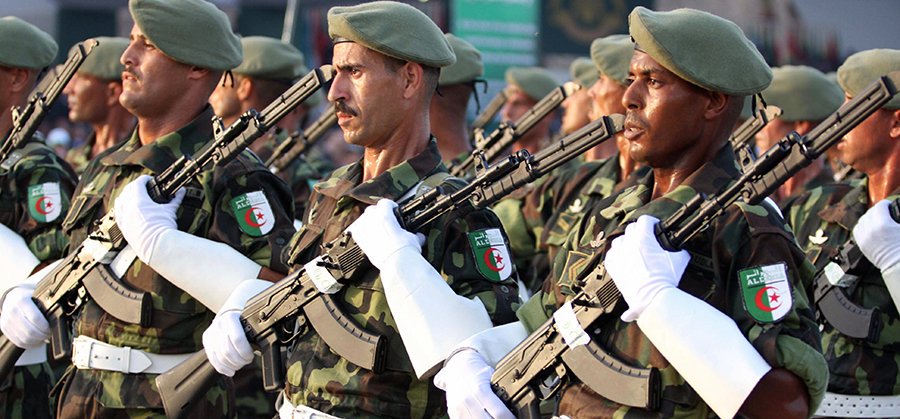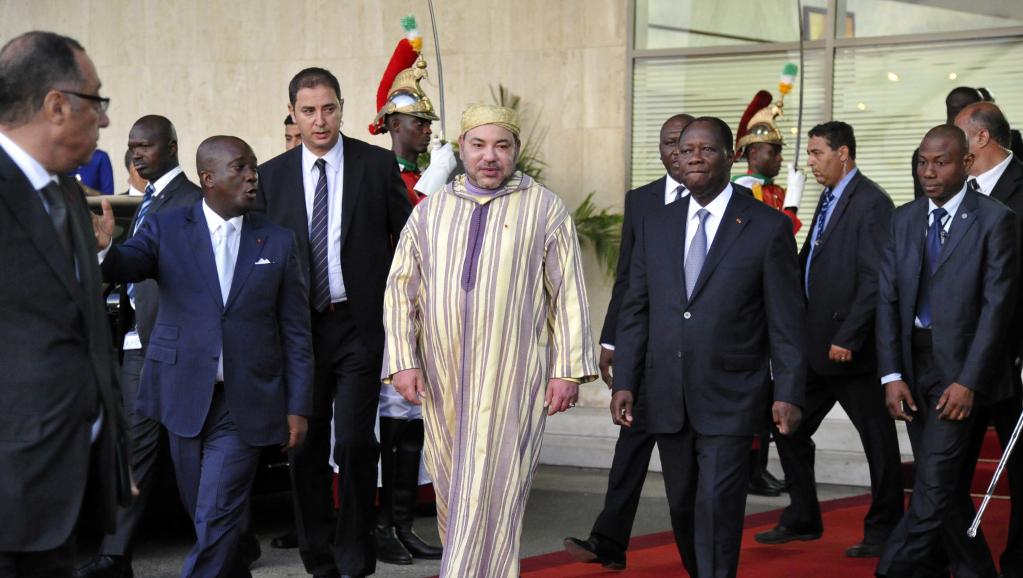 Amnesty International has denounced the racial and discriminatory crackdown launched by Algerian authorities against sub-Saharan migrants, rounding up and forcibly expelling more than 2,000 of them to Niger and Mali over the past three weeks.
Amnesty International has denounced the racial and discriminatory crackdown launched by Algerian authorities against sub-Saharan migrants, rounding up and forcibly expelling more than 2,000 of them to Niger and Mali over the past three weeks.
Those expelled include more than 300 minors, among them at least 25 unaccompanied children, said Amnesty in a press release issued Monday.
The new wave of arrests started on September 22 when Algerian police and gendarmes began arbitrarily detaining migrants in the capital, Algiers, and neighboring suburbs.
Research by Amnesty International indicates they made arrests on the basis of racial profiling as they did not seek to ascertain whether the migrants had the right to stay in the country, either by checking their passports or other documents. Some of those arrested and deported are undocumented migrants, while others have valid visas.
“There can be no justification for rounding up and forcibly deporting hundreds of people based on the color of their skin or their assumed country of origin – a blatant case of mass racial profiling,” said Heba Morayef, North Africa Research Director at Amnesty International.
“This and the chilling scale of arbitrary arrests and summary mass expulsions in recent weeks reveal the Algerian authorities’ deeply discriminatory attitude towards migrants from sub-Saharan Africa. They must urgently halt these unlawful arrests and deportations.”
The latest wave of mass arrests and expulsions comes just few weeks after more than 1,000 people – mainly nationals of Niger – were returned to their native country in August 2017. Arrests also took place during the first weeks of September.
On September 22, more than 600 migrants arrived in Agadez, Niger, according to International Rescue Committee (IRC) in Niger. They included nationals from Niger, Guinea, Burkina Faso, Benin. More than 100 women and 200 minors were among them.
Also in September, the Algerian Ministry of Transport issued an order barring undocumented migrants from using public transport.
In July, Ahmed Ouyahya, who is now Algeria’s Prime Minister, uttered heinous remarks describing Sub-Saharan migrants as a “source of crime, drugs and other calamities”. Persisting on the same xenophobic remarks, Foreign Minister Abdelkader Messahel accused Sub-Saharan migrants of “involvement in crime and drug trafficking.”
Even worse, Head of Algeria’s human rights commission Fa-rouk Ksentini made scandalous statements, bluntly accusing sub-Saharans of spreading HIV and diseases in Algeria.
Meanwhile, at the level of the public, there has been an alarming number of xenophobic comments by Algerian social media users blaming migrants for spreading HIV and taking Algerians’ jobs.
Under international law, no one can be forcibly expelled from a country without being given a fair opportunity to challenge their expulsion. In addition, no one can be returned to a country where they would face a real risk of serious human rights violations.
“Instead of trampling over the rights of migrants and carrying out mass expulsions, the Algerian authorities should be trying to counter racial discrimination and hate speech against sub-Saharan Africans and reform laws on the rights of migrant workers to stay in the country,” said Heba Morayef.


